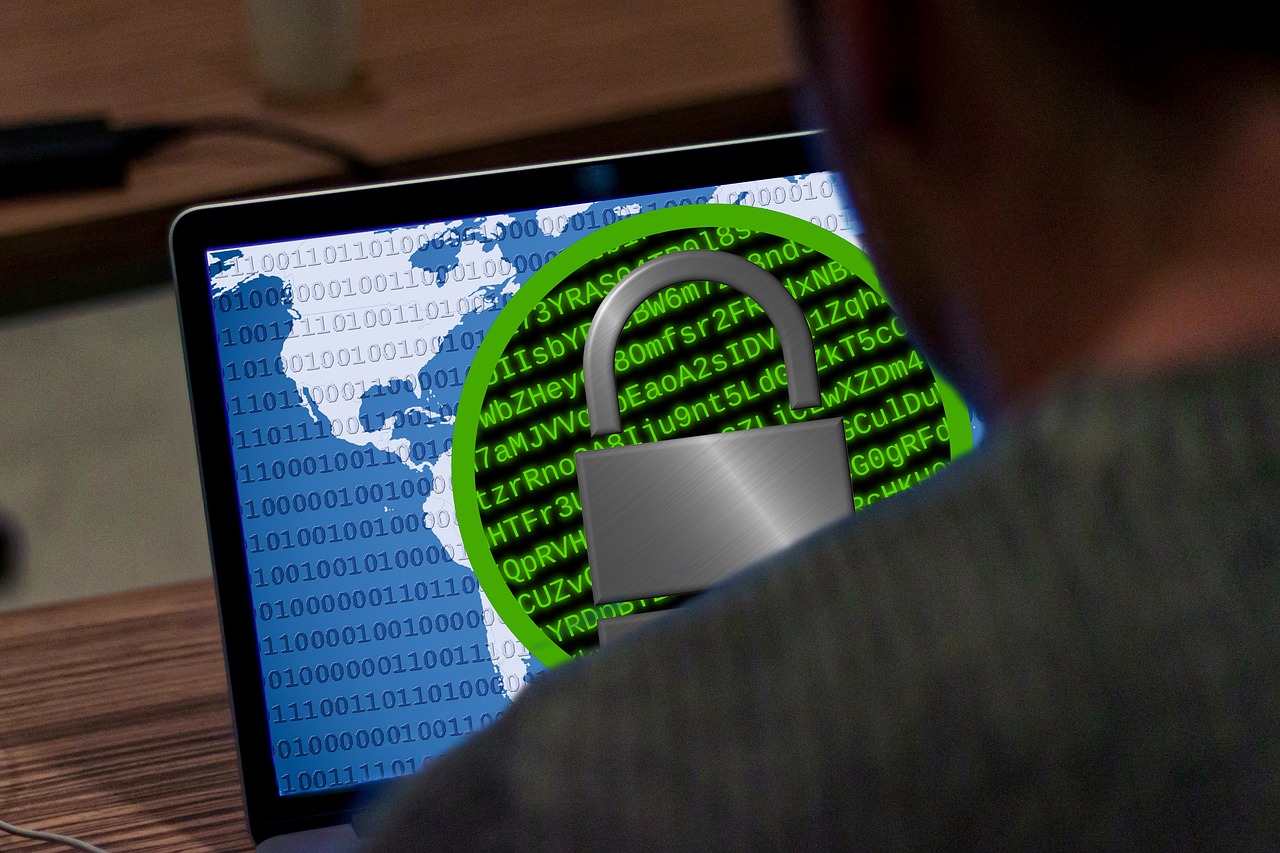Royal Ransomware Targeting Critical Infrastructure

The latest Cybersecurity Advisory from the Federal Bureau of Investigation (FBI) and the Cybersecurity and Infrastructure Security Agency (CISA) highlights the looming threat of the Royal ransomware targeting critical infrastructure. A new variant of Royal ransomware has affected organizations in the US and abroad since September last year.
In the joint statement, the FBI and CISA highlighted the ransomware variant had been identified as active as recently as January 2023. The custom variant relies on the Zeon loader and uses its own custom-made file encryption program. After gaining access to the victim’s network, it disables the antivirus software and exfiltrates large amounts of data before ultimately deploying the ransomware and encrypting the systems.
US federal agencies revealed that the ransomware has targeted critical infrastructure sectors including, but not limited to, manufacturing, communications, healthcare and public healthcare (HPH), and education. To help organizations detect the Royal ransomware, the FBI and CISA shared Indicators of Compromise (IOC) within its advisory, which includes a list of IP addresses, tools, and file extensions used by the threat actors.
Based on the incidents observed and studied by Federal agencies, the hackers do not demand a ransom or provide payment instructions as part of the initial ransom note. Instead, the ransom note requires victims to directly interact with the threat actor using the dark web. Although the amount of ransom the Royal threat actors have been able to amass is unclear, they have demanded amounts ranging from approximately $1 million to $11 million USD, all in Bitcoin.
Royal ransomware variants can infect both Windows and Linux operating systems and was responsible for 19 attacks in February 2023, according to research gathered by Malwarebytes. The FBI and CISA advise that businesses and companies should keep all software up to date, ensure all passwords follow the National Institute for Standards and Technology (NIST) standards, enable multi-factor authentication, and follow all other points made in its latest Cybersecurity Advisory.
